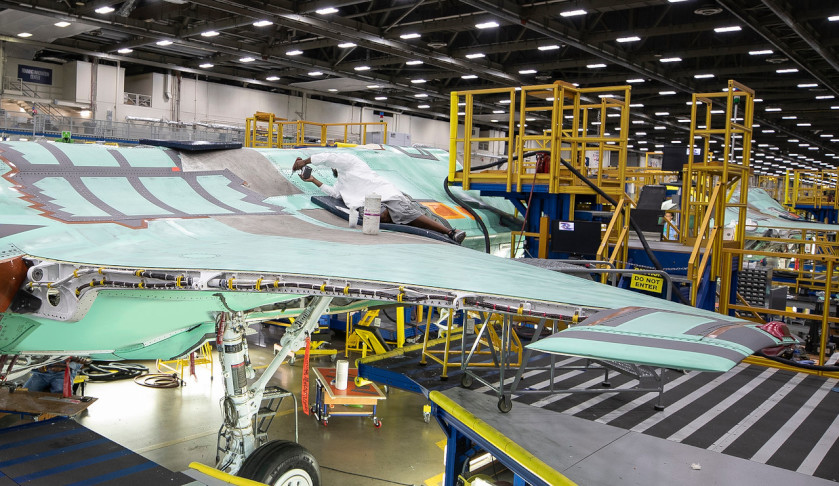Defence has selected seven innovative research proposals from Australian universities and industry to develop and integrate advanced materials that will provide enhanced protection for military platforms.
To continue reading the rest of this article, please log in.
Create free account to get unlimited news articles and more!
Research will enable the development of new adhesives for joining high temperature structures, processes for integration and repair of different composite types, and bonding of ceramic armour for enhanced protection against bullets and missiles.
Successful proposals were submitted by the University of Southern Queensland, the University of NSW, RMIT University, Deakin University, CSIRO and Qinetiq Australia.
Chief Defence Scientist Professor Tanya Monro congratulated the successful organisations on their proposals, saying, "These proposals will enable Defence to solve growing scientific challenges by developing versatile new materials that will lead to improved performance and increased durability for our platforms."
Proposals were sought in response to a joint call led by Australia’s Defence Science and Technology Group, and the UK’s Defence Science and Technology Laboratory, and Defence and Security Accelerator. Parallel launches were held in London and Melbourne, with over 120 delegates in attendance.
Professor Monro said the first synchronised bilateral call between the UK and Australia was a unique approach to sourcing innovative science and technology solutions under the Small Business Innovation Research for Defence initiative.
"The experience has given us valuable insight and a wider perspective on problems shared by our two countries," Professor Munro added.
A total of 70 proposals were received, 32 from Australia and 38 from the UK. The UK also selected seven, supplying funding of £562,700. The seven Australian proposals will receive $900,000 from the Next Generation Technologies Fund.
Professor Munro expanded, saying, "This process could become standard to facilitate future international calls for high-quality, impact-focused research and increased collaboration with our allies. An opportunity exists for Australia and the UK to jointly progress some of these projects to the next stage."
Stephen Kuper
Steve has an extensive career across government, defence industry and advocacy, having previously worked for cabinet ministers at both Federal and State levels.

 Login
Login








